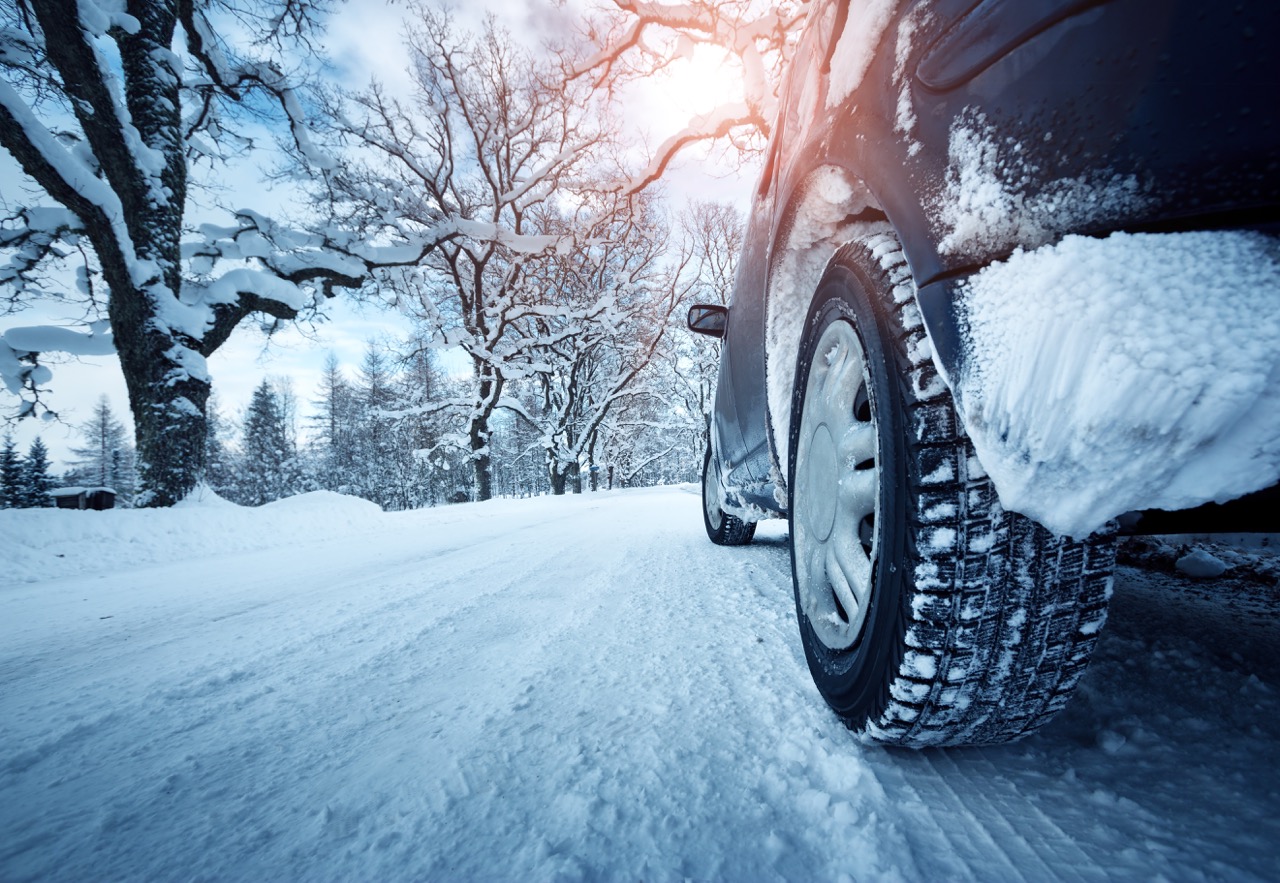
It’s that time of year again – the temperature is dropping and the snow is starting to fall. For many people, this means it’s time to start preparing their cars for winter driving. One of the most important things you can do to prepare your car for winter is to make sure your brakes are in good condition. Brakes are essential for safe driving in winter conditions, so it’s important to make sure they’re working properly. You will learn how to prepare your brakes for winter driving and some tips for keeping them in good shape during cold weather.
Replace Brake Pads
To make sure your brakes are in tip-top shape for winter driving, you should inspect them for wear and tear on the brake pads or drums.
If your brake pads are rusty, it will feel like your car is pulling to one side when you brake. You might also hear a squealing noise when you brake. If you think your brake pads are sticking, take your car to Master Muffler to have it checked out. Brake repair can be costly if not done right away so catching problems early is essential.
Check the Brake Fluid
Additionally, you should also replace your brake fluid every few years. Brake fluid can lose its effectiveness over time and can cause issues if left unattended. Replacing it will make sure your brakes are functioning properly and help keep them in working order during wintertime.
ABS Brakes & Others
ABS brakes are a type of brake that works well and are controlled by an electronic sensor. If the sensor is not working, the brakes will still work, but not as efficiently. This can make it take longer to stop the car. There is usually a light on the dashboard that comes on when the ABS sensor needs to be fixed. Note that Abs Brakes are not recommended on icy roads.
Some other issues that could jeopardize your brakes’ performance are oil or impurities on the brake pads, and overheating of the brakes on steep hills. If your brakes are overheating, you’ll notice a burning smell. To avoid further damage, pull over and let the brakes cool down before continuing to drive.
Stay Clear from the Emergency Break
Although the emergency or parking brake is not technically part of the car’s braking system, it is useful for keeping your car from rolling when parked on a hill. However, using the parking brake in winter can be unsuccessful because it has a tendency to freeze. If this happens and you cannot disengage the brake, do not try driving the vehicle. A more recommended option would be to avoid using the emergency brake entirely during winter months.
2 Tips on how to brake in winter:
- Be aware of your car’s braking capabilities. In slippery conditions, it can take longer to stop your car. Allow more room between you and the cars in front of you.
- Don’t slam on the brakes. This can cause your car to skid or even spin out. Apply the brakes gradually to get the best results. If you do find yourself skidding, remain calm and don’t slam on the brakes. Instead, steer in the direction of the skid to help regain control.
Brakes are essential to safe driving in any condition, so make sure they’re prepared before heading out this winter. With proper maintenance and care, your brakes will be in top condition to help keep you safe on the road.
Following these simple tips will help keep you safe this winter and ensure your brakes are prepared for whatever Mother Nature throws your way. Keep a close eye on your brake system and have it inspected regularly by Layton Master Muffler so you can stay safe on the roads.
Related Posts
Key Takeaways On average, passenger vehicle tires last 40,000 to 60,000 miles, depending on type, driving habits, and maintenance. Replace tires when tread depth reaches 2/32”, if damaged, or older than 10 years. Regular rotation, alignment, and proper inflation extend tire life. Aggressive driving, poor roads, and harsh weather shorten tire lifespan. Take advantage [...]
When you think about car maintenance, you probably focus on oil changes, tire rotations, and maybe even brake pad replacement. But what about your brake fluid? If you’ve ever wondered, “What does brake fluid do?” or “Why is brake fluid important?”, you’re not alone. Brake fluid might not be the most talked-about part of [...]
Is that high-pitched squeal from your brakes driving you—and everyone else—crazy? Don’t ignore it. Squeaky brakes aren’t just annoying, they’re your car’s way of saying something needs attention. Whether you're cruising through Salt Lake City or winding up Idaho’s mountain passes, here’s what’s likely going on, how you can fix it, and when it [...]





